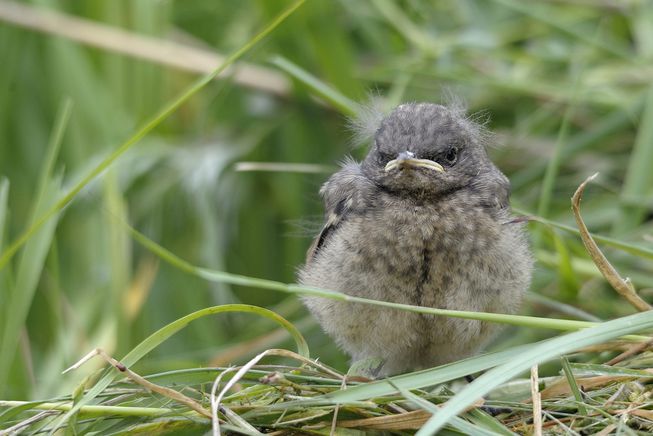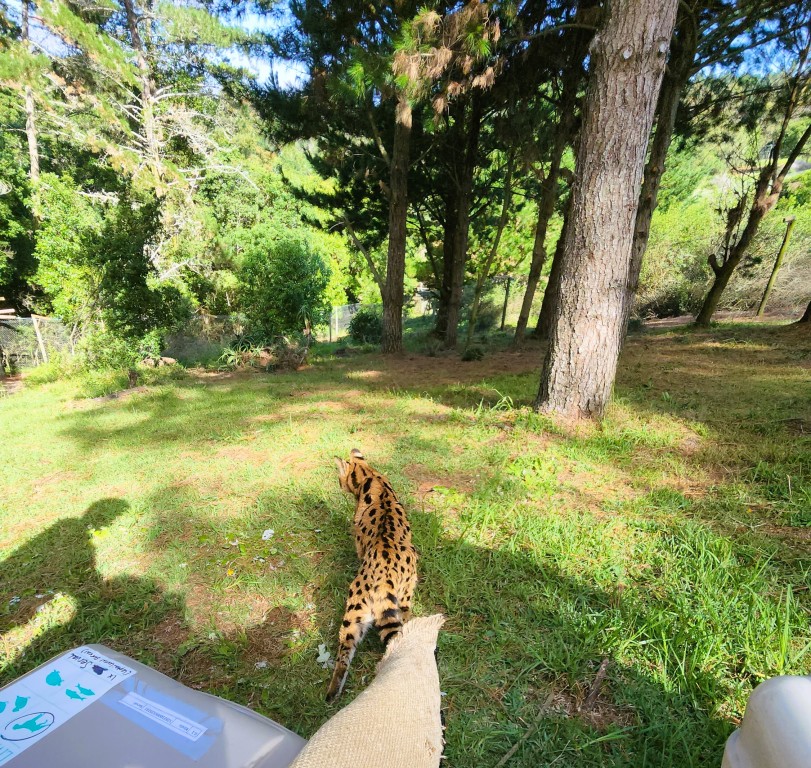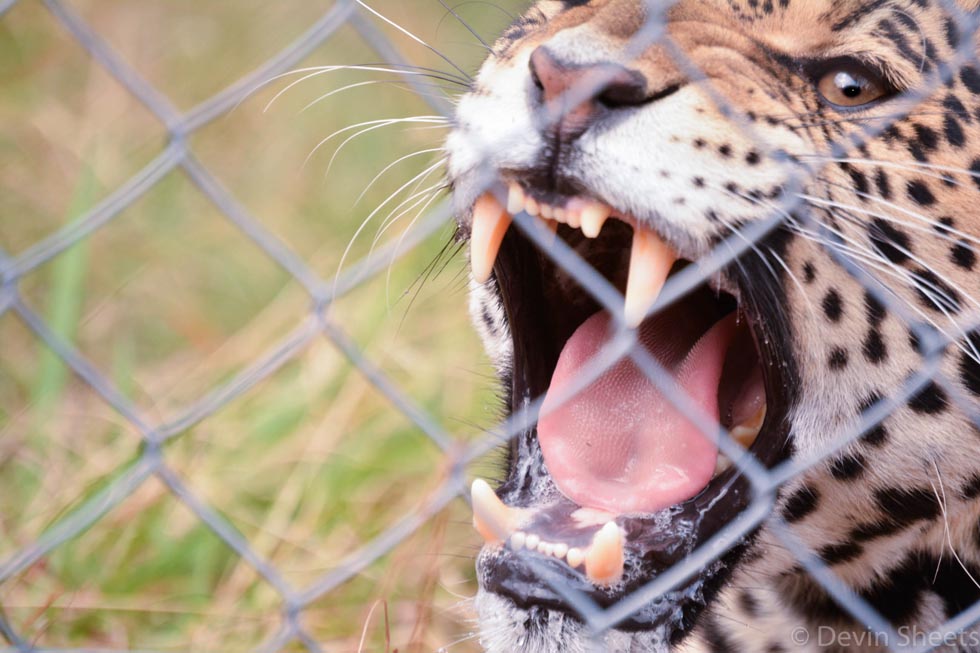Just because you see a baby animal, doesn't mean you should 'adopt' it.
Let's say you're walking with your kids in the woods or a neighbourhood park and you come across what looks like an abandoned baby bunny. Do you keep walking? Should you try to raise that bunny as your own?
Neither. You should call your local wildlife rehabilitation center and have one of their employees come out to take a look. Oh, come on, you say. Bunnies (or squirrels, or deer) make great pets, right? Everybody knows someone who told stories of having one of these wild animals as a pet as a kid. But what most folks leave out of the "raising a baby squirrel" tale is the story about the day that the wild squirrel (or bunny, or bird) went a little "crazy" and had to be released back into the wild.
Wild animals are not pets, and they shouldn't be treated as such. Here are five reasons why you should not try to raise a wild animal on your own:
1. It's illegal. It is against the law to try to raise any type of wild animal in captivity. That goes for baby crocodiles and monkeys from the illegal pet trade as well as baby robins and bunnies from your back yard.
2. You can't domesticate a wild animal. Domestication is a process that takes centuries within an animal species. Dogs and cats have been bred as pets for thousands of years. You can't simply love the wild out of an animal.
3. Wild animals carry diseases. Did you know that many wild animals — like raccoons or skunks — can be carriers for rabies without showing any symptoms? And according to the Centers for Disease Control and Prevention, tens of thousands of people get salmonella infections each year from wild reptiles or amphibians. Bringing a wild animal into your home exposes your whole family — you, your kids and your pets — to a slew of potentially fatal diseases.
4. They don't stay little forever. Baby animals, by their very nature, are hard to resist. They are incredibly cute and appear dependent upon others for their very survival. But within a few months, those babies grow up and their natural instincts kick in. They may bite, scratch, tear up the furniture, or worse. This is usually the time that most people who have tried raising a wild animal decide it's time to release it back into the wild. But the problem is that the baby animal may not have developed the critical skills necessary — like hunting for food or evading predators — to survive in the wild.
5. They may not need rescuing. Remember the baby bunny you came across in the park? He may have looked abandoned, but the truth is that mother bunnies generally stay away from their babies during the day to avoid drawing attention to them. They typically check on them and feed them once during the night, and even then they only stay for about five minutes. It may sound harsh, but that is exactly what a baby bunny needs to survive. Not a medicine dropper filled with organic skim milk.
If you really think a baby animal is in trouble, call a local wildlife center to ask for advice, but don't bring it home. You won't be doing the baby, or your family, any favours.
Source: Nature Matters News








